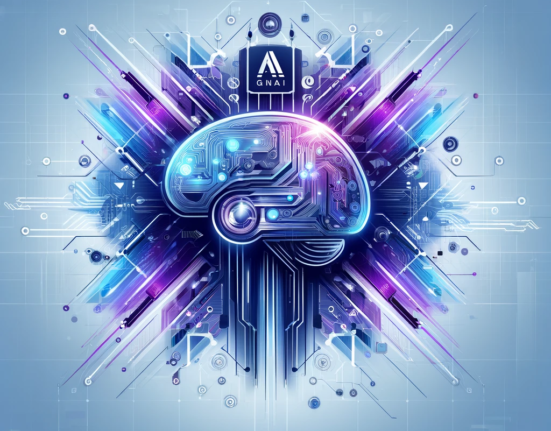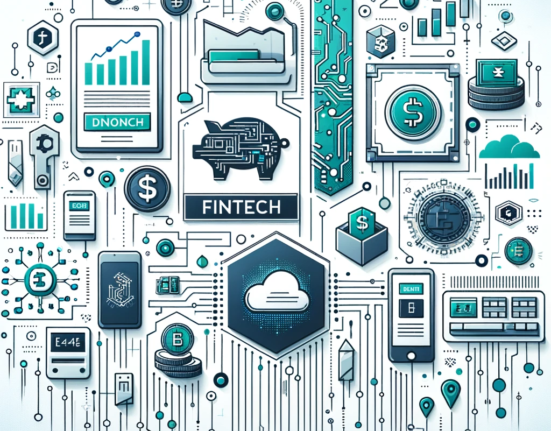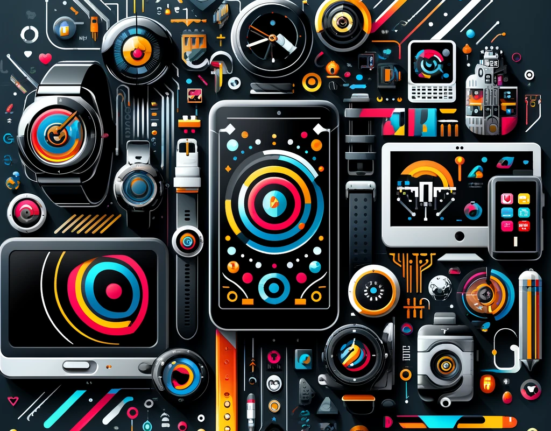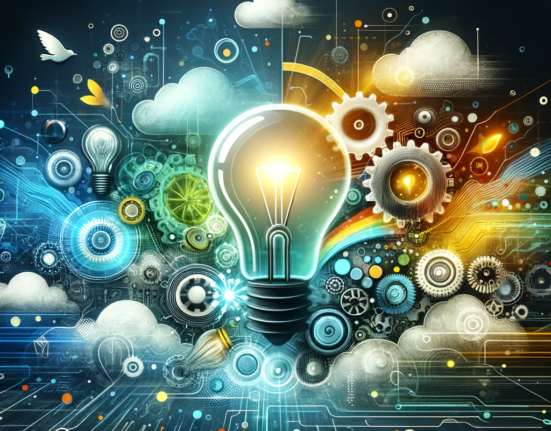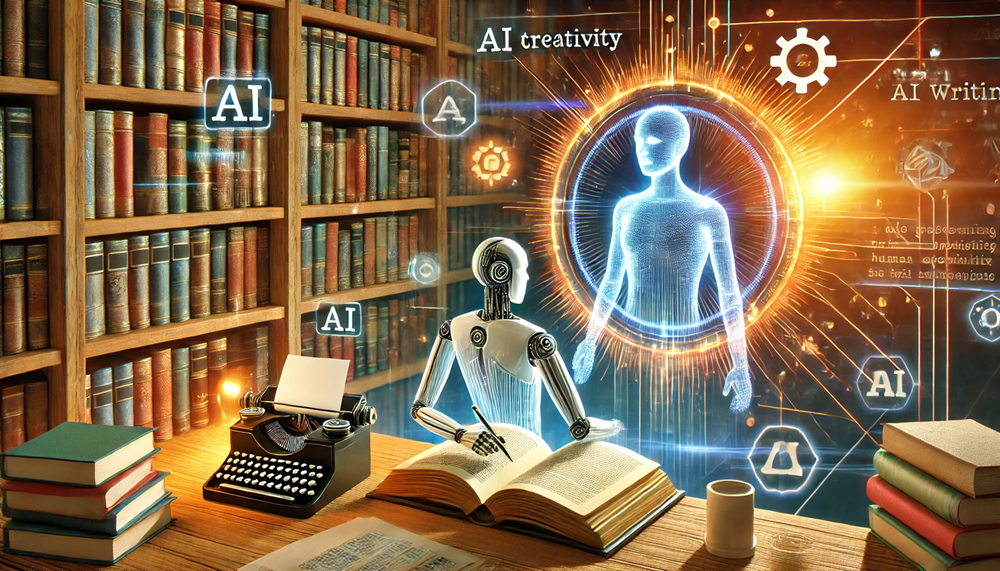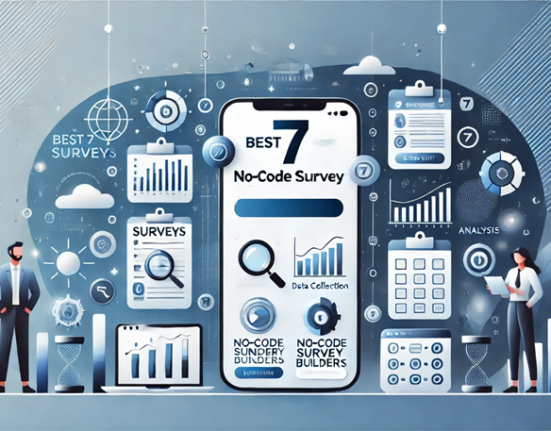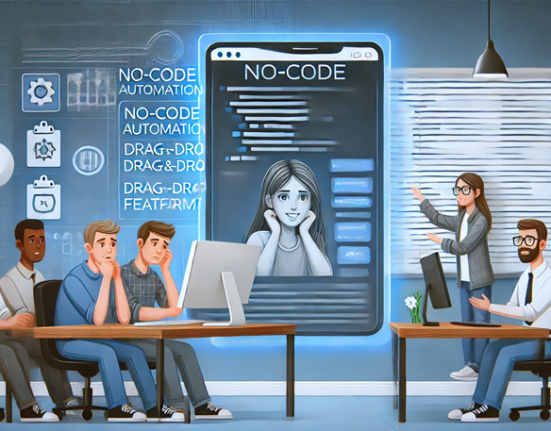Introduction: AI’s Disruptive Impact on Book Writing
Artificial Intelligence (AI) is revolutionizing industries across the board, and the world of book writing is no exception. AI-powered writing tools like ChatGPT, Jasper AI, and Sudowrite are reshaping the way authors brainstorm, outline, and even generate content.
While AI is undoubtedly making writing faster, more accessible, and automated, it also brings a new set of risks and ethical concerns. Will AI replace human authors? Can AI-generated content be trusted? What are the implications of AI in publishing?
In this article, we explore how AI is transforming book writing, the risks involved, and the potential threats AI poses to the future of storytelling.
How AI is Changing the Book Writing Process
1. AI-Powered Writing Assistants Boost Productivity
AI tools like ChatGPT, Jasper AI, and Writesonic help authors generate ideas, structure outlines, and improve grammar. With AI’s ability to analyze massive datasets, it can:
✅ Suggest plot ideas and character arcs
✅ Auto-complete sentences and paragraphs
✅ Summarize and rewrite content for clarity
🔹 Example: A self-published author can use AI to create a chapter outline in minutes instead of hours.
2. AI-Generated Content and Automated Storytelling
AI-driven software like Sudowrite and NovelAI can generate entire chapters, helping writers expand their ideas with AI-suggested dialogues, descriptions, and narratives.
💡 Benefits of AI in book writing:
✔ Saves time by generating drafts faster
✔ Overcomes writer’s block with AI-generated inspiration
✔ Assists non-native English writers in improving fluency
🔹 Example: A fiction writer struggling with writer’s block can use AI to auto-generate the next chapter based on previous content.
3. AI-Powered Editing and Grammar Correction
Editing is often the most time-consuming part of writing a book. AI-powered tools like Grammarly, ProWritingAid, and Quillbot provide instant grammar corrections, readability analysis, and style suggestions.
🔹 AI-driven editing benefits:
✅ Eliminates grammar mistakes
✅ Enhances sentence structure and readability
✅ Detects passive voice and AI-generated content patterns
🔹 Example: A non-fiction author can use AI editing tools to refine a 300-page manuscript in a fraction of the time compared to manual editing.
4. AI in Publishing and Book Marketing
Beyond writing, AI is now transforming the publishing industry with:
✅ AI-driven book cover design (e.g., Canva AI, BookBrush)
✅ AI-powered keyword optimization for SEO-friendly book descriptions
✅ Automated book marketing through AI ad targeting (Amazon KDP, Facebook AI Ads)
🔹 Example: Self-published authors can use AI-generated book blurbs to enhance book discoverability on Amazon, Kindle, and Google Play Books.
The Risks and Threats of AI in Book Writing
1. AI-Generated Plagiarism and Copyright Issues
One of the biggest concerns surrounding AI-generated content is copyright infringement. AI writing tools are trained on existing books, blogs, and articles, which raises legal questions:
⚠️ Who owns AI-generated content?
⚠️ Does AI writing violate copyright laws?
⚠️ Can AI-generated books be copyrighted under an author’s name?
🔹 Example: A recent controversy arose when AI-generated books were found to contain plagiarized passages from published authors.
2. Decline in Human Creativity and Originality
AI can generate structured, well-written content, but can it truly be creative?
🚨 Risks of AI replacing creativity:
❌ Generic storytelling lacking emotional depth
❌ Over-reliance on AI leading to formulaic books
❌ Loss of unique author voice and storytelling style
🔹 Example: AI-generated books may lack human experiences and emotional depth, making them less engaging than human-written novels.
3. The Rise of AI-Generated Fake Books & Misinformation
AI has enabled the mass production of books, but this also means misinformation and fake books are on the rise. AI-written books with:
❌ False historical facts and misleading self-help content
❌ Poorly edited, AI-spun books flooding Amazon Kindle
❌ Fake AI-generated authors using AI to mass-produce low-quality content
🔹 Example: In 2023, Amazon Kindle faced an influx of AI-generated books with misleading content, leading to reader dissatisfaction and refunds.
4. AI Replacing Human Writers and Job Loss Concerns
🚨 Will AI replace authors? While AI is a tool for assisting writers, there are growing concerns about:
❌ Job losses in writing and publishing
❌ AI replacing ghostwriters and content creators
❌ AI-generated books dominating traditional publishing
🔹 Example: Publishers may cut costs by hiring AI-powered ghostwriters instead of human authors.
How Writers Can Adapt to AI in Book Writing
Instead of fearing AI, authors should leverage AI responsibly:
🔹 1. Use AI as a Writing Assistant, Not a Replacement
✅ Let AI assist in brainstorming and editing
✅ Maintain your own storytelling voice
🔹 2. Verify AI-Generated Content for Accuracy
✅ Fact-check AI-generated content
✅ Edit AI-written text for originality
🔹 3. Focus on Human-Centered Storytelling
✅ AI can generate text, but only humans can create emotionally compelling stories
The Future of AI in Book Writing: Where Are We Headed?
💡 By 2030, AI-powered book writing could:
✔ Personalize storytelling based on reader preferences
✔ Create interactive AI-generated novels
✔ Automate the entire book publishing process
🚀 But one thing is certain – AI will never replace human creativity.
AI is a powerful tool, but writers should use it ethically and responsibly to preserve the art of storytelling and literature.
Final Thoughts: Is AI a Threat or a Writing Revolution?
AI is changing the book writing experience forever, but whether it’s a tool or a threat depends on how we use it.
✅ AI enhances productivity – but shouldn’t replace human imagination.
✅ AI improves writing speed – but ethical concerns must be addressed.
✅ AI makes publishing easier – but it should not undermine creativity and originality.
📖 The future of book writing is a partnership between AI and human creativity. The key is to use AI wisely, ethically, and creatively.

